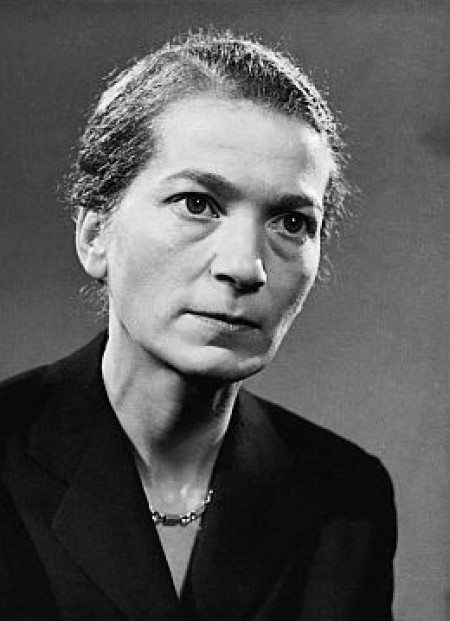5 July 1914, Budapest – 10 April 1995, Budapest
Annie Fischer is a legendary figure of Hungarian and international musical performing art. Born in Budapest in 1914, she began her career as a child prodigy, appearing on the concert platform at the age of eight, playing Beethoven's Piano Concerto in C major. She gave her first concert abroad at the age of twelve; in her Zürich debut she performed Mozart's A major and Schumann's A minor piano concertos. The famous music critic and aesthete, Aladár Tóth (whom Annie Fischer married in 1937), wrote about one of her childhood concerts: "…she is hardly ten years old and already she has performed the last two movements of Beethoven's C major concerto with unbelievable feeling and almost deadly accurate musicality. When this fragile little girl sits at the piano, she is filled with the total inward concentration, the loneliness divorced from the world, of the true artistic soul. Pure seriousness and sincere, true temperament, which is very rare with the female wonder pianists… Beyond any doubt, here we have a genuine individuality, a marvellous interpretive talent."
Arnold Székely and Ernő Dohnányi taught her at the Music Academy from the age of twelve. Thus, Annie Fischer was a product of the great Hungarian piano school whose origins can be traced back to Liszt. Dohnányi and Arnold Székely were both taught by István Thomán, who was one of Liszt's best pupils. The tradition in fact goes back to Beethoven, since Liszt was taught by Carl Czerny, who was Beethoven's favourite pupil.
Annie Fischer's great international career was launched when she won first place at the Budapest Liszt competition in 1933. In the years to follow she performed in the great capitals and the most famous concert venues of Europe, with such great conductors as Fritz Busch, Bruno Walter, Knappertsbusch, Mengelberg, Ansermet, Karajan, Adrian Boult, Sawallisch, Klemperer, and, from among the Hungarians, Dohnányi, Fricsay, Ormándy, Széll and Ferencsik.
In 1941 she and her husband went to Sweden and returned only after the war, in 1946. On her return, the audience and critics alike gave Annie Fischer a euphoric welcome. "We are singing Annie Fischer's praises again. It is becoming increasingly certain that Annie Fischer's art is destined to fill the void left by the loss of Dohnányi. (The foremost pianist of the previous decades, Ernő Dohnányi, left for abroad.)… This miraculous artist not only plays music, but distributes gladness and happiness." (Sándor Jemnitz)
In the fifties, the critics used superlatives to describe her art, in Hungary and abroad alike. The backbone of her repertoire was made up of the greatest works of Mozart, Beethoven, Schubert, Schumann, Chopin and Liszt.
With the passing of time, from the sixties onwards, Annie Fischer's musical persona underwent a gradual change. From a concert virtuoso she became a musician increasingly concentrating on the depths of the work, the musical truth. "Every concert by Annie Fischer is extraordinary. Because when she plays, it is the work itself that speaks and this is a revelation impossible to get used to. The individuality of this great artist cannot be defined, precisely because it is so extremely sensitive and changeable… We can discover new and new features in it, and it is at such moments that we can see that this individuality is almost boundless." (András Pernye)
In her old age she was spoken of as among the greatest of the century. Annie Fischer preserved and carried over into the post-war era, when musical tastes gradually but fundamentally changed, the performing traditions of a world that has by now disappeared – but one which is referred to by many as the golden age. Many elements of that approach can be detected in her play; first of all the naturalness, the instinctively correct approach to the work, or rather, to the composer's thoughts and feelings. Her concerts had a special atmosphere, which even those could not absent themselves from who may have had a different concept regarding a particular composition. "As soon as we see her, we immediately feel welcome personal guests, and thus participate personally and directly in the conversation which Annie Fischer conducts, not with us, but in front of us, and instead of us, with the composition." (Tibor Tallián) Hundreds of reviews through the decades talk about this magical effect.
In her last decade and a half she gave fewer concerts; hardly any in Budapest, but went on the occasional foreign tour. In her retirement she continued to pay constant attention to musical life and even in her last year gave a few concerts to Hungarian, Italian and Japanese audiences. She died in the spring of 1995, in her birthplace, Budapest.
J. M.



